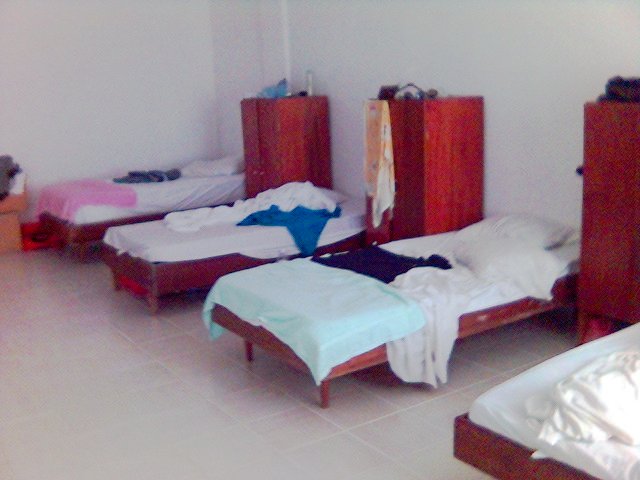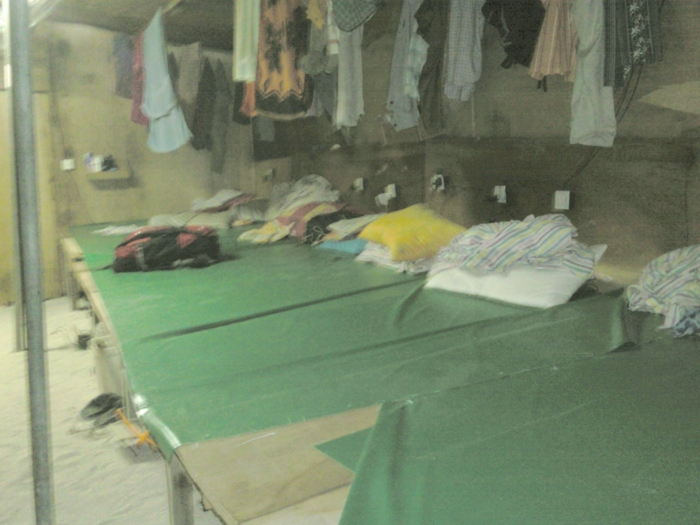 a guest prepares for snorkelling
a guest prepares for snorkelling
If any lessons would have been learnt from the recent Huraa tragedy, it will shortly translate to policies and hopefully legislation which we currently do not have. However more relevant would have been a change in attitude to personal safety, even which cannot sprout up quickly. Reflecting on the Huraa tragedy and past such tragedies, here is a list of improvements which could be helpful.
- Resorts could employ life guards to monitor the beaches full time because our tourism industry is rapidly changing with more arrivals coming from mainland China and the East which is very different from traditional European markets.
- Some resorts even now do employ safety procedures like making guests wear life jackets on the journey to and from airport / resort which is a good thing. Although most resorts still overlooks this procedure, it could be a good improvement on personal safety issues.
- Over the course of the last few years, we have lost quite a number of able bodied fishermen to sea at various work related accidents. Safety work regulation could make it a requirement for fishermen also to don proper safety gear at work.
- Construction industry also needs tougher rules on safety. Currently the only guys who wear the hard-hats and safety shoes in a typical construction site will be expat contract workers whose only fear which makes them wear them is possible loss of insurance cover in an eventuality.




